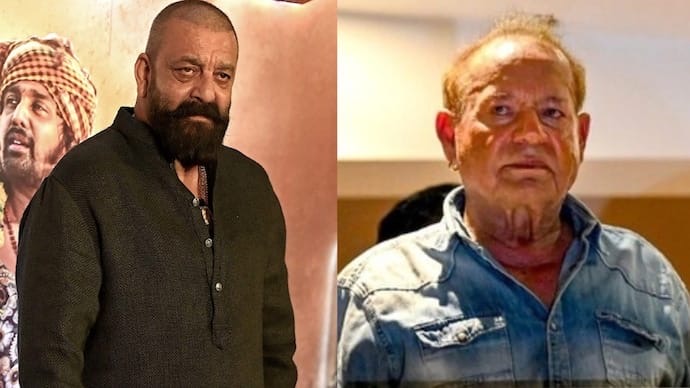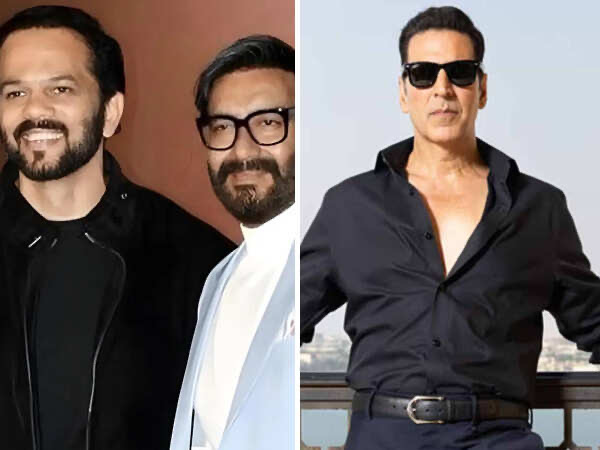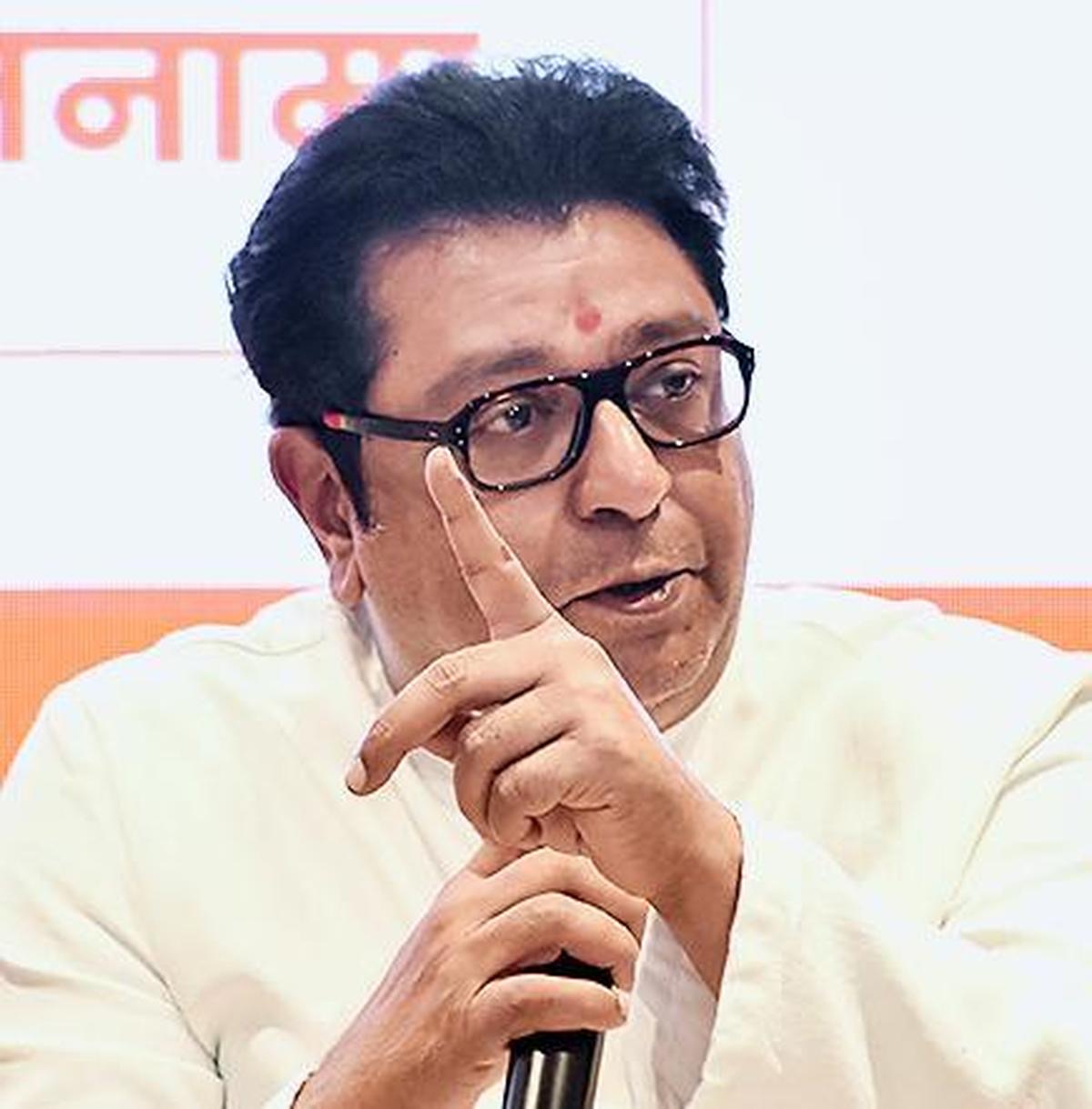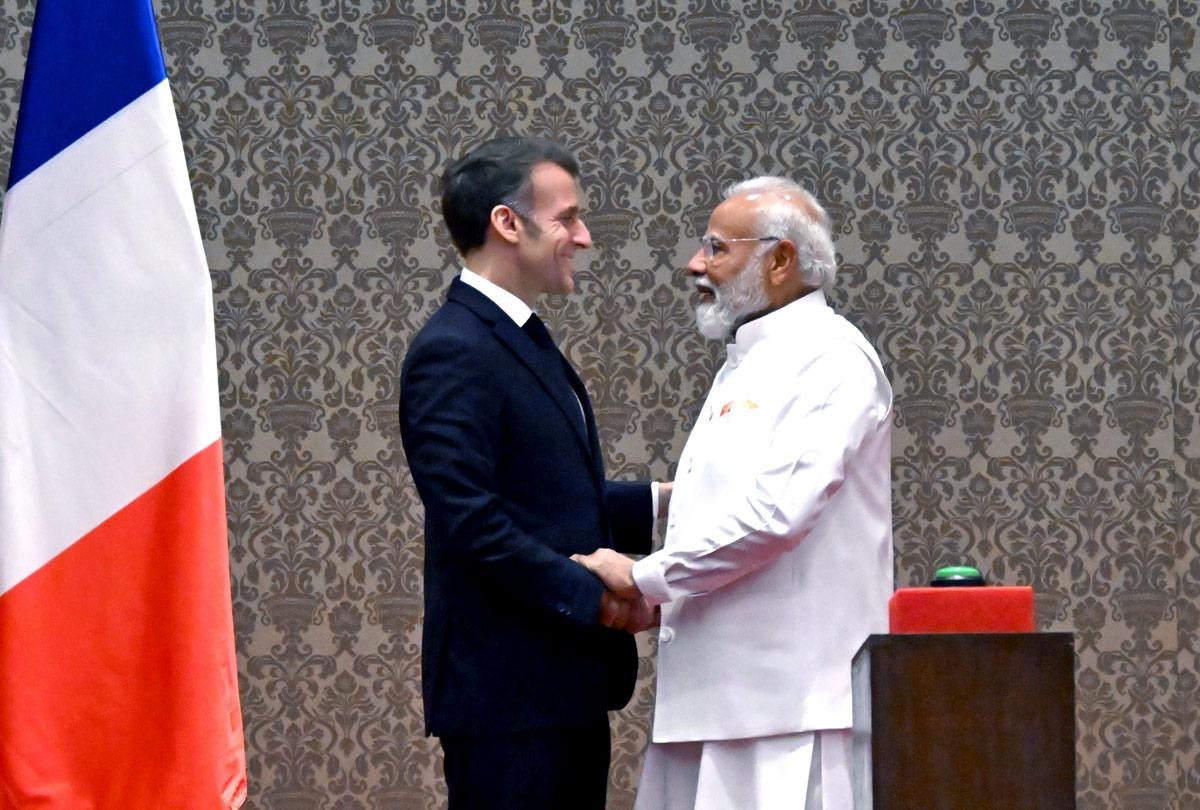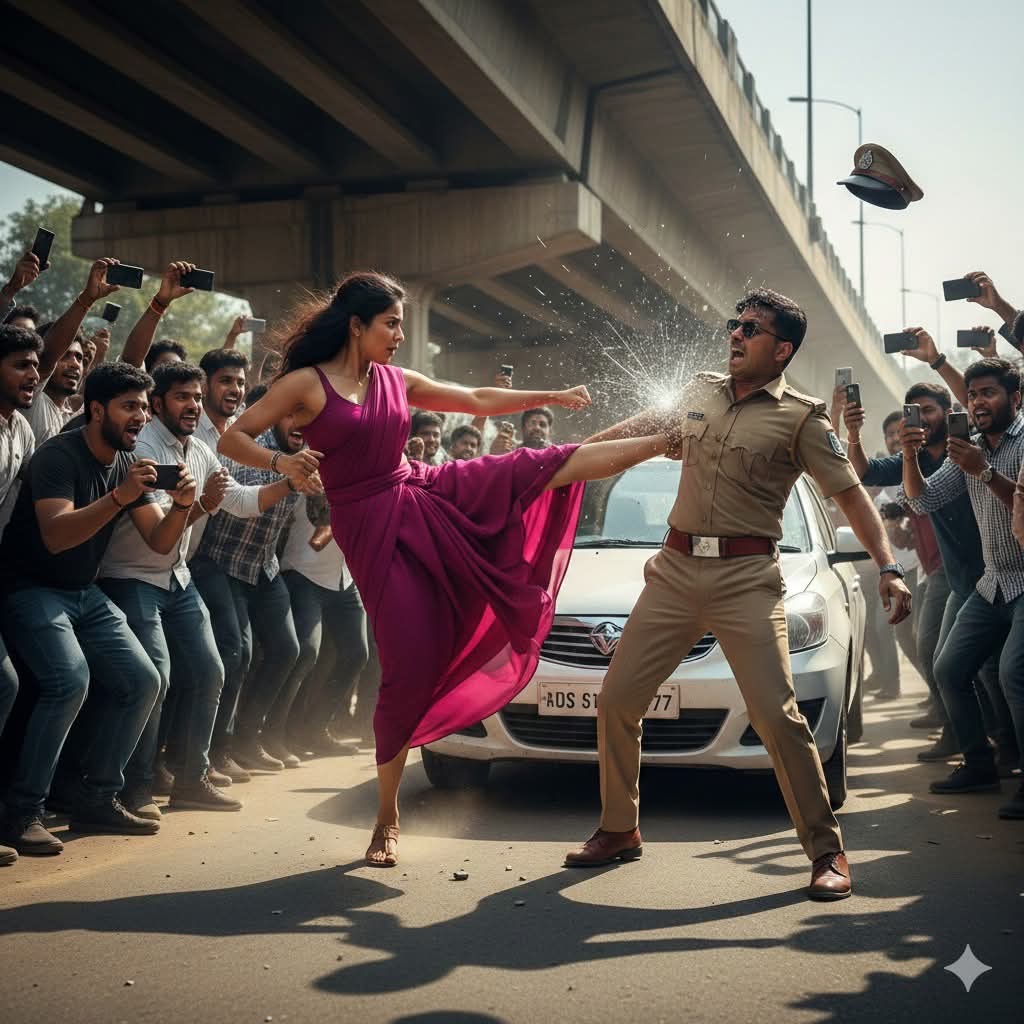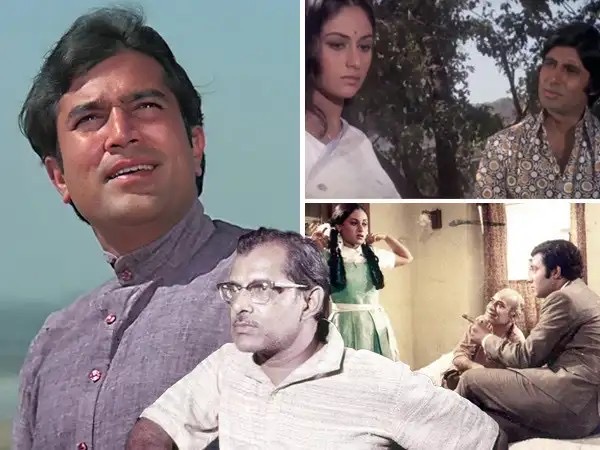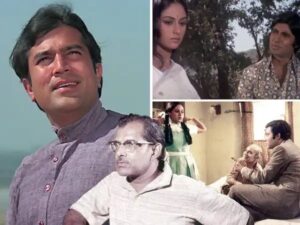
Bollywood’s only super star Rajesh Khanna’s(of that era)stardom was cemented by his performance in the veteran Hrishikesh Mukherjee’s directorial film Anand released on 1971 where he played a dying man. He would go on to feature in other films also Hrishikesh Mukherjee’s directorial Bawarchi released in 1972 and Namak Haraam released in 1973. However, one of his obscure films is Naukri released in 1978 which also featured showman Raj Kapoor.
It is 1946, and 30-year-old Ranjit (Rajesh Khanna), an army veteran, is depressed after he loses his leg on the battlefield. Unable to deal with poverty and his family’s struggles, Ranjit decides to die by suicide. But just as he jumps off a bridge into a busy train line, he is met by a mysterious stranger (Raj Kapoor), known as Captain.
Similar to what Charles Dickens did in
A Christmas Carol (1843), the ghost emerges as device to teach the living the meaning of life. Kapoor’s Captain also takes Ranjit along on a journey of self-discovery and reflection.
Conversations between Ranjit and Captain form the rest of the film, and are meant to teach the former about the value of life and the lessons he missed. They are interspersed with what played out in Ranjit’s life, from the death of his lawyer father to his girlfriend leaving him and the tragedy he suffered amidst he war.
Hrishikesh Mukherjee’s social messaging
True to his style, Mukherjee does not miss the opportunity to ask important questions that are absent in films even today. When Ranjit is wandering around at night, planning his death, and sits by a staircase, a sex worker (Nadira) approaches him.
She tries soliciting, but Ranjit refuses. Immediately, she gets sad and asks if he despises her because of her profession. But the next instant, she changes her stance. “What did you do in the British army? Did you not put your body on sale? Then who are you to despise me?” she asks.
Naukri has a gallery of characters, from a British officer in love with a courtesan to two men fighting over the same woman, each embedded with a life lesson for Ranjit and the audience. In fact, the film is divided into the exploited and the exploiter, revealing how India’s social fabric is stained with corruption.
In one scene, when Ranjit’s landlord tries to place his hand on the head of Ranjit’s younger sibling, he objects. “ You have a magic power–whatever you touch disappears,” says Ranjit bitterly. The bitter remark refers to how the landlord has been taking away valuable furniture from the family as ‘compensation’ for their inability to pay rent.
But at times, the social messaging overpowers the viewing experience of the film.
The film rests firmly on Rajesh Khanna and Raj Kapoor, whose conversations form most of the film. It is a treat to watch the two stars share the screen, each in top form. Kapoor slips into the role with ease, smoking a cigar, with a black hat, flamboyant and benign, which is almost a throwback to his role in Mera Naam Joker released in 1970 It is just the perfect mix of funny and preachy.
Reports reveal that Hrishikesh Mukherjee Mukherjee and Raj Kapoor were good friends, and the director had mentioned that Anand
was based on RK’s own illness and his nature of cracking jokes even amidst tough times. In Naukri, Hrishikesh Mukherjee could eke out a performance befitting Kapoor’s calibre, who had mostly taken to producing and directing in his later years.
Naukri does not quite have the Mukherjee charm, and that is probably why it was also a flop at the box office. But it does reflect on the issues ailing Indian society. In that sense, the film was afore of its time.
News Edit KV Raman


